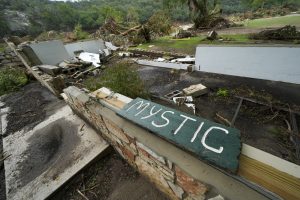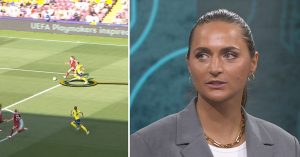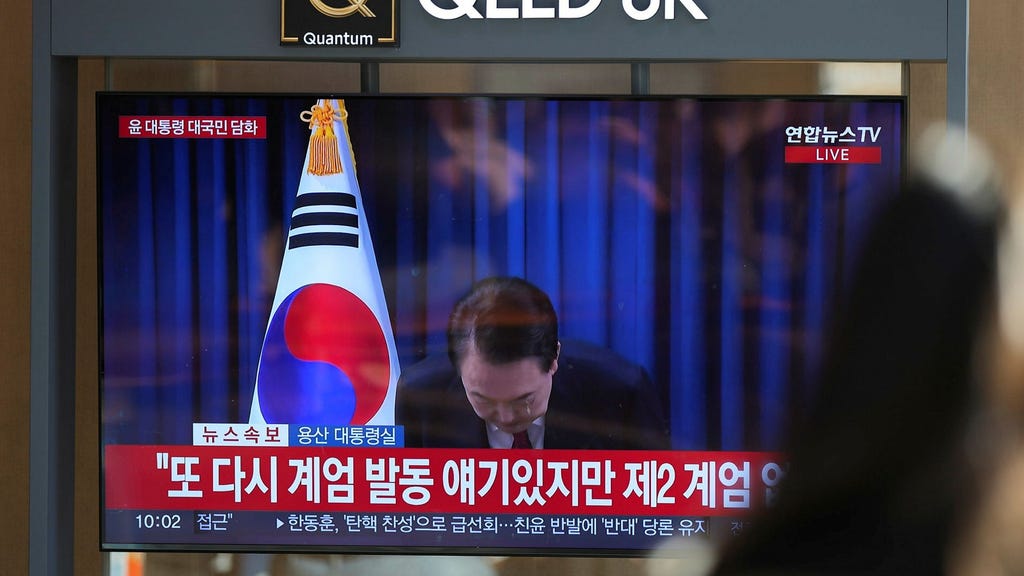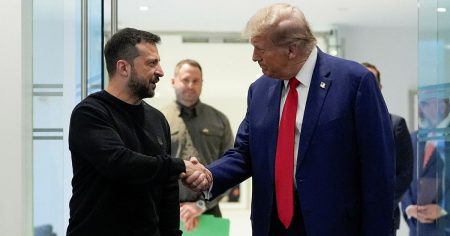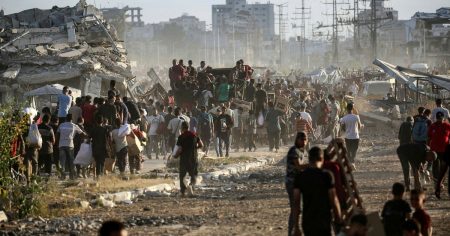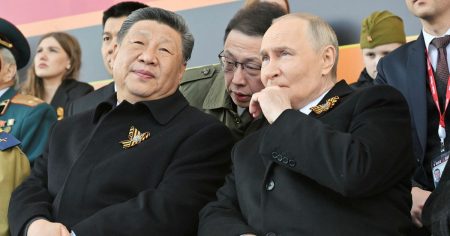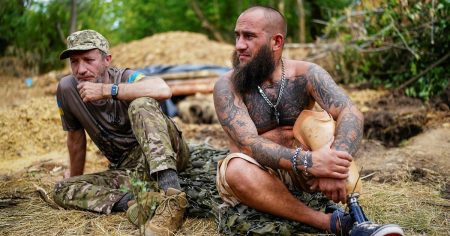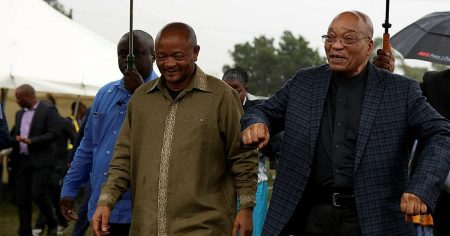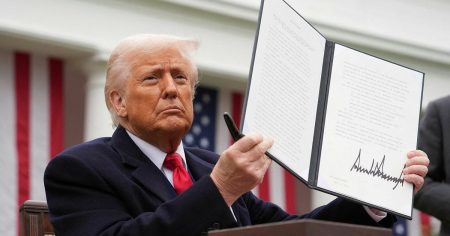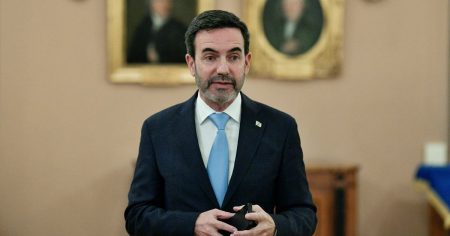The political landscape of South Korea is currently embroiled in a dramatic power struggle centered around President Yoon Suk-yeol. His recent attempt to impose martial law, though quickly rescinded, ignited a firestorm of public outrage and sparked widespread protests demanding his resignation. This action, reminiscent of past military oppression, resonated deeply with a populace bearing the scars of historical trauma. Many South Koreans have personal or familial experiences of imprisonment, injury, or death at the hands of the military, making them fiercely protective of their democratic freedoms and vehemently opposed to any perceived authoritarian overreach. The protests, involving hundreds of thousands of citizens, underscore the depth of public discontent and the unwavering determination to hold President Yoon accountable.
Adding to President Yoon’s woes, he is facing intense pressure not only from the public but also from within his own conservative party, the People Power Party. In a stunning display of internal dissent, key party figures including party leader Han Han Dong-hoon and Prime Minister Han Duck-soo effectively sidelined their own president. Their pronouncements declared President Yoon removed from any involvement in domestic or foreign policy, essentially stripping him of his political authority. This unprecedented move signals a significant erosion of support within his own ranks and further isolates him amidst the escalating crisis.
The situation is further complicated by a pending investigation into allegations of treason and abuse of power against President Yoon. These serious charges led to a travel ban being imposed on him, further restricting his ability to navigate the political turmoil. Despite these limitations, and the dramatic pronouncements from within his own party, he technically remains the country’s commander-in-chief, creating a precarious situation with potentially far-reaching consequences for South Korea’s stability. This unusual juxtaposition of a weakened president still holding the highest military office underscores the complexity and uncertainty of the current political climate.
The controversy surrounding President Yoon’s actions has also reignited discussions about the length of presidential terms in South Korea. Currently set at five years, there are now proposals to shorten the term to four years, requiring a constitutional amendment. While this change, if implemented, would not immediately impact President Yoon’s current term, scheduled to end in 2026, it highlights the broader dissatisfaction with his leadership and the desire for a more responsive and accountable political system. The willingness to consider such a significant constitutional change speaks volumes about the level of public and political concern regarding President Yoon’s actions and their potential long-term implications.
The opposition parties are actively pursuing impeachment proceedings against President Yoon. While a recent attempt failed to secure the necessary two-thirds majority in parliament, they are undeterred and plan to reintroduce the motion, demonstrating their resolve to remove him from office. If the impeachment vote succeeds, President Yoon would be immediately removed from his position, pending a review by the Constitutional Court. This process could take months, during which time the country would face significant political uncertainty and potentially further instability. The court’s final decision will ultimately determine President Yoon’s fate and the future direction of South Korean politics.
The ongoing political crisis in South Korea, sparked by President Yoon’s attempt to impose martial law and compounded by allegations of treason and abuse of power, has created a highly volatile situation. The widespread public protests, combined with the internal dissent within his own party and the looming threat of impeachment, paint a bleak picture for his presidency. The coming days and weeks will be crucial in determining whether President Yoon can weather this storm or if South Korea will face a period of profound political transition. The outcome will undoubtedly have significant implications for the country’s domestic stability and its international relations in the coming years.



